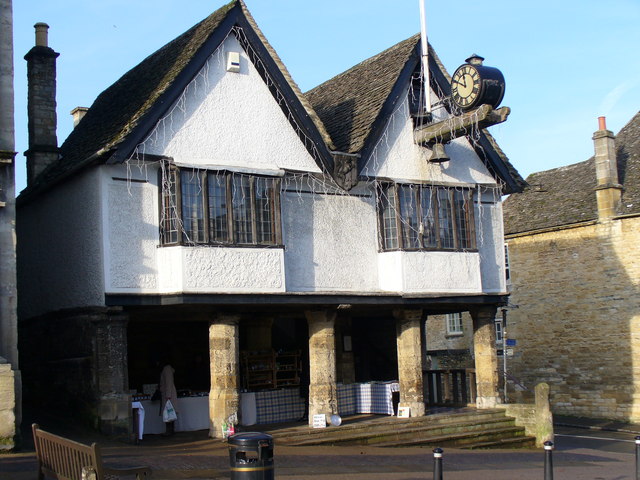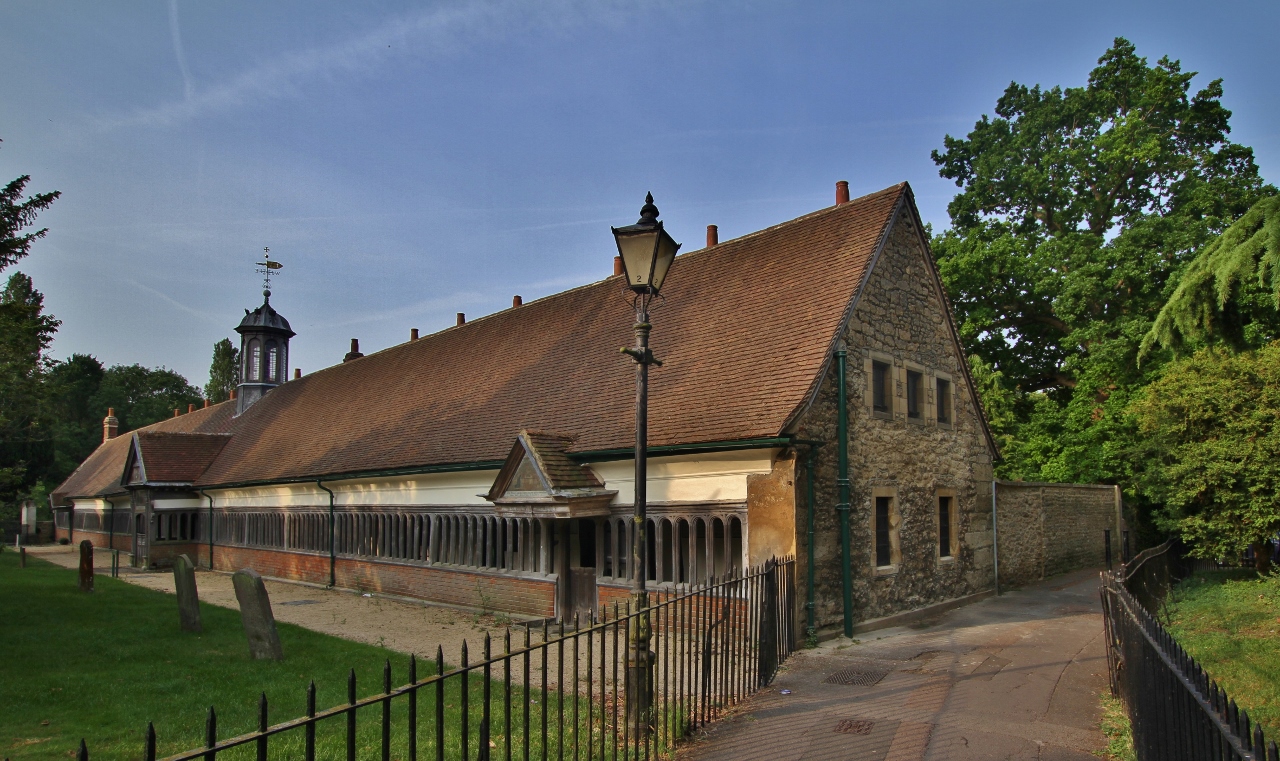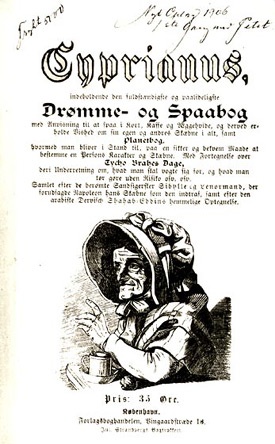|
Peter Heylyn
Peter Heylyn or Heylin (29 November 1599 – 8 May 1662) was an English ecclesiastic and author of many polemical, historical, political and theological tracts. He incorporated his political concepts into his geographical books ''Microcosmus'' in 1621 and ''Cosmographie'' (1657).Robert Mayhew, ''Geography is twinned with divinity''; Geographical Review, Vol 90, No 1, January 2000. Life Heylyn was born in Burford, Oxfordshire, the son of Henry Heylyn and Elizabeth Clampard. He entered Merchant Taylors' School in March 1612. At 14 he was sent to Hart Hall, Oxford, and matriculated from Magdalen College, Oxford, on 19 January 1616, aged 16. He was awarded BA on 17 October 1617 and was elected a Fellow in 1618. He lectured on historical geography at Magdalen. Heylyn was awarded MA on 1 July 1620. In 1620 he presented his lecture to Prince Charles, at Theobalds. He was incorporated at Cambridge University in 1621. In 1621 his lectures were published as ''Microcosmos: a Little ... [...More Info...] [...Related Items...] OR: [Wikipedia] [Google] [Baidu] |
Burford
Burford () is a town on the River Windrush, in the Cotswolds, Cotswold hills, in the West Oxfordshire district of Oxfordshire, England. It is often referred to as the 'gateway' to the Cotswolds. Burford is located west of Oxford and southeast of Cheltenham, about from the Gloucestershire boundary. The Toponymy, toponym derives from the Old English words ''burh'' meaning fortified town or hilltown and ''ford (crossing), ford'', the crossing of a river. The United Kingdom Census 2011, 2011 Census recorded the population of Burford parish as 1,422. Economic and social history The town began in the History of Anglo-Saxon England, middle Saxon period with the founding of a village near the site of the modern priory building. This settlement continued in use until just after the Norman conquest of England when the new town of Burford was built. On the site of the old village a hospital was founded which remained open until the Dissolution of the Monasteries by Henry VIII of Englan ... [...More Info...] [...Related Items...] OR: [Wikipedia] [Google] [Baidu] |
Abingdon-on-Thames
Abingdon-on-Thames ( ), commonly known as Abingdon, is a historic market town and civil parish in the Ceremonial counties of England, ceremonial county of Oxfordshire, England, on the River Thames. Historic counties of England, Historically the county town of Berkshire, since 1974 Abingdon has been administered by the Vale of White Horse district within Oxfordshire. The area was occupied from the early to middle British Iron Age, Iron Age and the remains of a late Iron Age and Roman people, Roman oppidum, defensive enclosure lies below the town centre. Abingdon Abbey was founded around 676, giving its name to the emerging town. In the 13th and 14th centuries, Abingdon was an agricultural centre with an extensive trade in wool, alongside weaving and the manufacture of clothing. Charters for the holding of markets and fairs were granted by various monarchs, from Edward I to George II of Great Britain, George II. The town survived the Dissolution of the Monasteries, dissolution of ... [...More Info...] [...Related Items...] OR: [Wikipedia] [Google] [Baidu] |
Alumni Of Hart Hall, Oxford
Alumni (singular: alumnus (masculine) or alumna (feminine)) are former students of a school, college, or university who have either attended or graduated in some fashion from the institution. The feminine plural alumnae is sometimes used for groups of women. The word is Latin and means "one who is being (or has been) nourished". The term is not synonymous with "graduate"; one can be an alumnus without graduating (Burt Reynolds, alumnus but not graduate of Florida State, is an example). The term is sometimes used to refer to a former employee or member of an organization, contributor, or inmate. Etymology The Latin noun ''alumnus'' means "foster son" or "pupil". It is derived from PIE ''*h₂el-'' (grow, nourish), and it is a variant of the Latin verb ''alere'' "to nourish".Merriam-Webster: alumnus .. Separate, but from the s ... [...More Info...] [...Related Items...] OR: [Wikipedia] [Google] [Baidu] |
1662 Deaths
Year 166 ( CLXVI) was a common year starting on Tuesday (link will display the full calendar) of the Julian calendar. At the time, it was known as the Year of the Consulship of Pudens and Pollio (or, less frequently, year 919 ''Ab urbe condita''). The denomination 166 for this year has been used since the early medieval period, when the Anno Domini calendar era became the prevalent method in Europe for naming years. Events By place Roman Empire * Dacia is invaded by barbarians. * Conflict erupts on the Danube frontier between Rome and the Germanic tribe of the Marcomanni. * Emperor Marcus Aurelius appoints his sons Commodus and Marcus Annius Verus as co-rulers (Caesar), while he and Lucius Verus travel to Germany. * End of the war with Parthia: The Parthians leave Armenia and eastern Mesopotamia, which both become Roman protectorates. * A plague (possibly small pox) comes from the East and spreads throughout the Roman Empire, lasting for roughly twenty years. * The ... [...More Info...] [...Related Items...] OR: [Wikipedia] [Google] [Baidu] |
1599 Births
__NOTOC__ Events January–June * January 8 – The Jesuit educational plan, known as the ''Ratio Studiorum The ''Ratio atque Institutio Studiorum Societatis Iesu'' (''Method and System of the Studies of the Society of Jesus''), often abbreviated as ''Ratio Studiorum'' (Latin: ''Plan of Studies''), was a document that standardized the globally influen ...'', is issued. * March 12 – Robert Devereux, 2nd Earl of Essex, is appointed Lord Lieutenant of Ireland, by Queen Elizabeth I of England. * April 23 – The Earl of Essex arrives in Dublin at the head of 16,000 troops, the largest army ever seen in Ireland. * May 16 – The Kalmar Bloodbath (1599), Kalmar Bloodbath takes place in Kalmar, Sweden. * May 29 – Essex takes Cahir Castle, supposedly the strongest in Ireland, after a short Siege of Cahir Castle, siege. * June 20 – The Synod of Diamper is convened. July–December * July – Second Dutch Expedition to Indonesia: A Dutch fleet returns to Amsterdam, ca ... [...More Info...] [...Related Items...] OR: [Wikipedia] [Google] [Baidu] |
Hamon L'Estrange
Hamon L'Estrange (1605–1660) was an English writer on history, theology and liturgy, of Calvinist views, loyal both to Charles I and the Church of England. Along with Edward Stephens (d. 1706), he contributed to the seventeenth-century revival of interest in ancient liturgies; with John Cosin and Anthony Sparrow he began the genre of commentary on the ''Book of Common Prayer''. He has been confused at times with his father, son and grandson of the same name. Life L'Estrange was baptised at Sedgeford, Norfolk, 29 August 1605. He was the second son of Sir Hamon L'Estrange (1583–1654) of Hunstanton Hall, Norfolk and his wife Alice Stubbe, daughter of Richard Stubbe, of Sedgeford, Norfolk. He was admitted to Gray's Inn 12 August 1617, but does not appear to have been called to the bar. His life was mainly devoted to theological study. He maintained a Calvinistic sentiment at a time when Laud and several of his circle were wary of Calvinism. On the outbreak of the First Engl ... [...More Info...] [...Related Items...] OR: [Wikipedia] [Google] [Baidu] |
Oxford English Dictionary
The ''Oxford English Dictionary'' (''OED'') is the first and foundational historical dictionary of the English language, published by Oxford University Press (OUP). It traces the historical development of the English language, providing a comprehensive resource to scholars and academic researchers, as well as describing usage in its many variations throughout the world. Work began on the dictionary in 1857, but it was only in 1884 that it began to be published in unbound fascicles as work continued on the project, under the name of ''A New English Dictionary on Historical Principles; Founded Mainly on the Materials Collected by The Philological Society''. In 1895, the title ''The Oxford English Dictionary'' was first used unofficially on the covers of the series, and in 1928 the full dictionary was republished in 10 bound volumes. In 1933, the title ''The Oxford English Dictionary'' fully replaced the former name in all occurrences in its reprinting as 12 volumes with a one-v ... [...More Info...] [...Related Items...] OR: [Wikipedia] [Google] [Baidu] |
Cyprianus Anglicanus
''Cyprianus'' is a name given in Scandinavian traditions of folk magic to the "black book" ("''Svarteboken"''): a grimoire or manuscript collection of spells; and by extension to the magical tradition that these spells form a part of. There is no standard text called "Cyprianus"; it was a general label given to a collection of spells. Manuscripts called or referring to Cyprianus had a dark reputation; in some versions, one obtained the text by renouncing one's baptism and devoting oneself to Satan. The common people's opinion of the book was that it was a standard grimoire concerned with the summoning of demons and spirits. Ministers were often thought to have obtained it through their studies at university; it is not coincidence that ministers' wives often functioned as folk healers in rural communities. Like many such texts, it was said to be bound to its owner and hard to get rid of; it was claimed that these texts will not burn nor be destroyed by water, and attempting to d ... [...More Info...] [...Related Items...] OR: [Wikipedia] [Google] [Baidu] |
William Laud
William Laud (; 7 October 1573 – 10 January 1645) was a bishop in the Church of England. Appointed Archbishop of Canterbury by Charles I in 1633, Laud was a key advocate of Charles I's religious reforms, he was arrested by Parliament in 1640 and executed towards the end of the First English Civil War in January 1645. A firm believer in episcopalianism, or rule by bishops, "Laudianism" refers to liturgical practices designed to enforce uniformity within the Church of England, as outlined by Charles. Often highly ritualistic, these were precursors to what are now known as high church views. In theology, Laud was accused of Arminianism, favouring doctrines of the historic church prior to the Reformation and defending the continuity of the English Church with the primitive and medieval church, and opposing Calvinism. On all three grounds, he was regarded by Puritan clerics and laymen as a formidable and dangerous opponent. His use of the Star Chamber to persecute opponents su ... [...More Info...] [...Related Items...] OR: [Wikipedia] [Google] [Baidu] |
Puritans
The Puritans were English Protestants in the 16th and 17th centuries who sought to purify the Church of England of Roman Catholic practices, maintaining that the Church of England had not been fully reformed and should become more Protestant. Puritanism played a significant role in English history, especially during the Protectorate. Puritans were dissatisfied with the limited extent of the English Reformation and with the Church of England's toleration of certain practices associated with the Roman Catholic Church. They formed and identified with various religious groups advocating greater purity of worship and doctrine, as well as personal and corporate piety. Puritans adopted a Reformed theology, and in that sense they were Calvinists (as were many of their earlier opponents). In church polity, some advocated separation from all other established Christian denominations in favour of autonomous gathered churches. These Separatist and Independent strands of Puritanism became ... [...More Info...] [...Related Items...] OR: [Wikipedia] [Google] [Baidu] |






